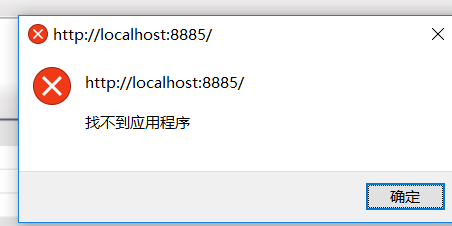Is there a way to make the screen scroll to allow the text field to be seen?
问题:
回答1:
Are you asking how to control what is visible when the soft keyboard opens? You might want to play with the windowSoftInputMode. See developer docs for more discussion.
回答2:
I had same issues. Try following code:
android:windowSoftInputMode=\"adjustPan\"
add it to your manifest.xml in the activity tag of the activity that holds the input. example:
<activity
android:name=\".Activities.InputsActivity\"
...
android:windowSoftInputMode=\"adjustPan\"
/>
回答3:
I had the same issue where the softkeyboard was on top of the EditText views which were placed on the bottom of the screen. I was able to find a solution by adding a single line to my AndroidManifest.xml file\'s relevant activity.
android:windowSoftInputMode=\"adjustResize|stateHidden\"
This is how the whole activity tag looks like:
<activity
android:name=\"com.my.MainActivity\"
android:screenOrientation=\"portrait\"
android:label=\"@string/title_activity_main\"
android:windowSoftInputMode=\"adjustResize|stateHidden\" >
</activity>
Here the most important value is the adjustResize. This will shift the whole UI up to give room for the softkeyboard.
回答4:
Why not try to add a ScrollView to wrap whatever it is you want to scroll. Here is how I have done it, where I actually leave a header on top which does not scroll, while the dialog widgets (in particular the EditTexts) scroll when you open soft keypad.
<LinearLayout android:id=\"@+id/HeaderLayout\" >
<!-- Here add a header or whatever will not be scrolled. -->
</LinearLayout>
<ScrollView android:id=\"@+id/MainForm\" >
<!-- Here add your edittexts or whatever will scroll. -->
</ScrollView>
I would typically have a LinearLayout inside the ScrollView, but that is up to you. Also, setting Scrollbar style to outsideInset helps, at least on my devices.
回答5:
All you need to do is
android:isScrollContainer=\"true\"
source: http://www.davidwparker.com/2011/08/25/android-fixing-window-resize-and-scrolling/
回答6:
Sorry for reviving an old thread but no one mentioned setting android:imeOptions=\"flagNoFullscreen\" in your EditText element
回答7:
android:windowSoftInputMode=\"adjustPan\"
android:isScrollContainer=\"true\"
works for android EditText, while it not works for webview or xwalkview. When soft keyboard hide the input in webview or xwalkview you have use android:windowSoftInputMode=\"adjustResize\"
回答8:
I believe that you can make it scroll by using the trackball, which might be achieved programmatically through selection methods eventually, but it\'s just an idea. I know that the trackball method typically works, but as for the exact way to do this and make it work from code, I do not sure.
Hope that helps.
回答9:
add this single line to your relative activity where key board cover edit text.inside onCreat()method of activity.
getWindow().setSoftInputMode(WindowManager.LayoutParams.SOFT_INPUT_STATE_VISIBLE | WindowManager.LayoutParams.SOFT_INPUT_ADJUST_RESIZE);
回答10:
Edit your AndroidManifest.xml
android:windowSoftInputMode=\"adjustResize\"
Add this to your root view of Layout file.
android:fitsSystemWindows=\"true\"
That\'s all.


